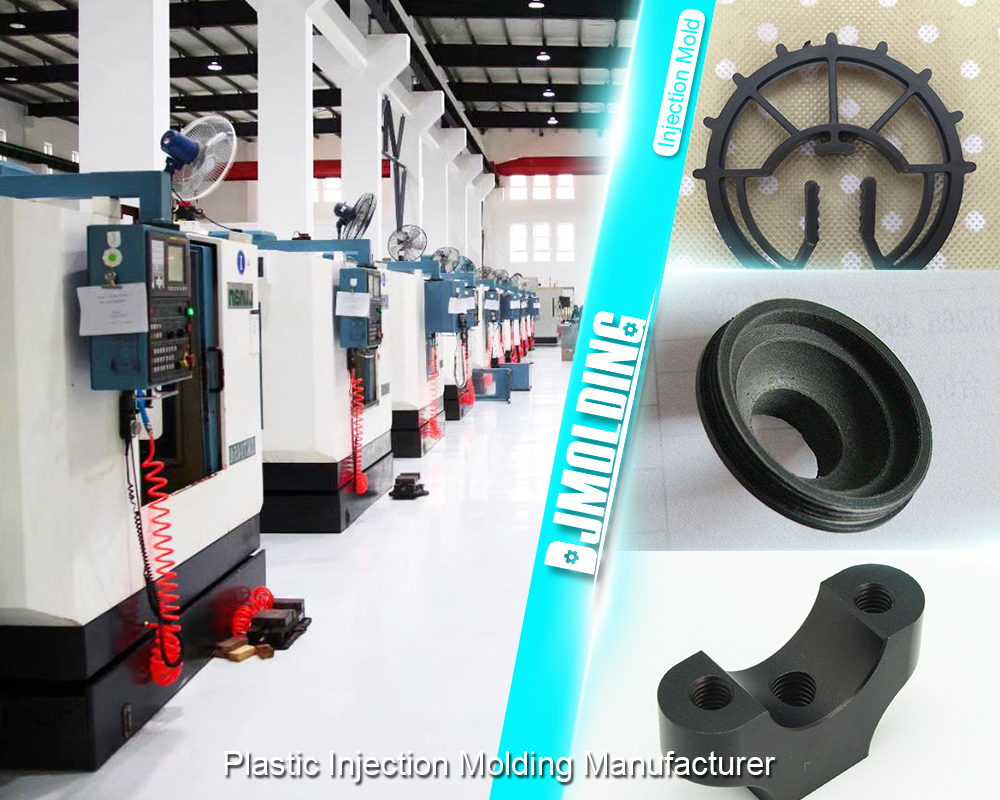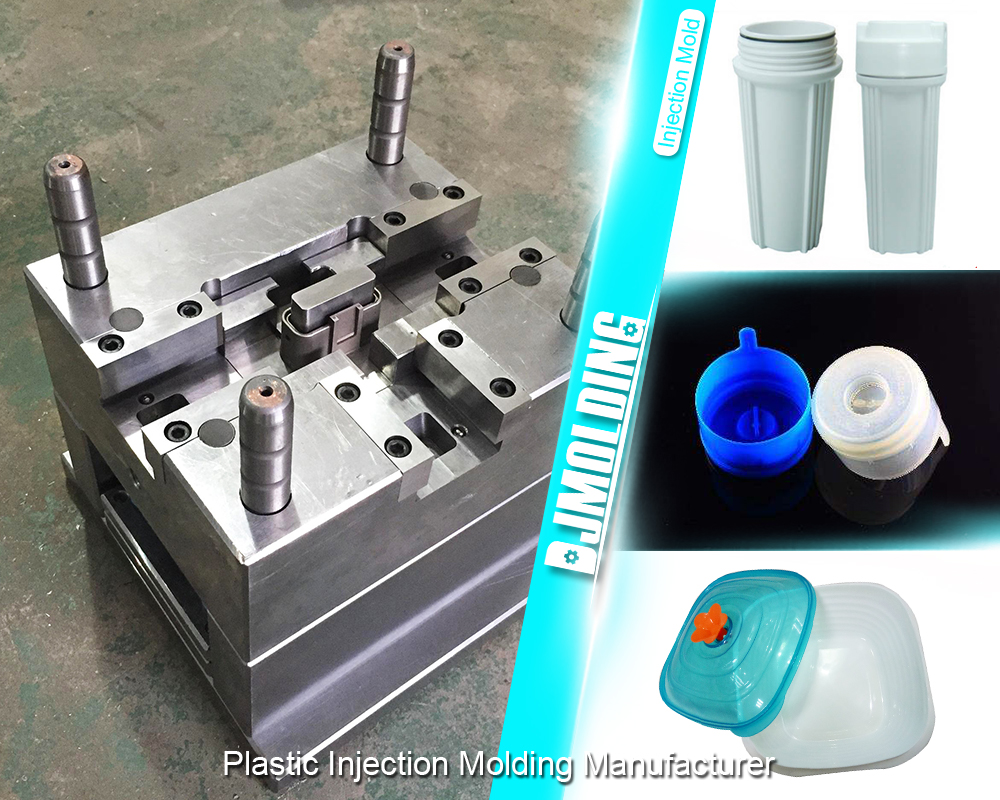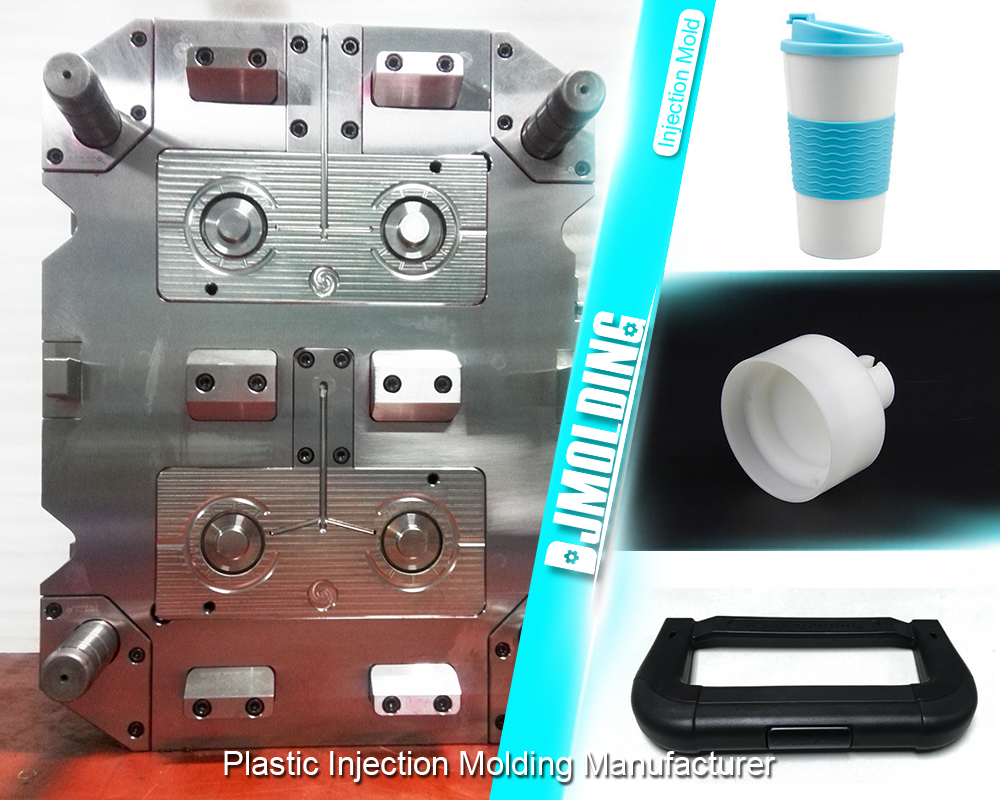Get To Know The Advantages Of Plastic Injection Moulding
Get To Know The Advantages Of Plastic Injection Moulding
Plastic injection moulding is the production of plastic parts by injecting molten plastic material into a mould. The molten plastic is then cooled and solidified, resulting in the desired shape and form of the product. This process has revolutionized the manufacturing industry, allowing for the mass production of plastic products with high precision and efficiency.
The history of plastic injection moulding dates back to the late 19th century when John Wesley Hyatt invented the first injection moulding machine. Initially, this process was used to produce simple products such as buttons and combs. However, with advancements in technology and materials, plastic injection moulding has become a widely used method for producing a wide range of products, from automotive parts to consumer goods.

Cost-Effective Production
One of the key advantages of plastic injection moulding is its cost-effectiveness compared to other manufacturing methods. The initial investment in tooling and equipment may be higher, but once the moulds are created, the production costs per unit are significantly lower. This is because the process allows for high-volume production, reducing labour costs and increasing efficiency.
Moreover, plastic injection moulding enables manufacturers to produce large quantities of products at a lower cost per unit. The ability to create multiple cavities in a single mould allows for simultaneous production of multiple parts, further reducing production time and costs. This makes plastic injection moulding an ideal choice for industries that require mass production of plastic products.
High-Quality and Consistent Products
Plastic injection moulding offers exceptional precision and accuracy in producing high-quality products. The use of computer-aided design (CAD) software and advanced machinery ensures that each product is manufactured with consistent specifications and dimensions. This level of precision is crucial in industries where tight tolerances are required, such as aerospace and medical equipment manufacturing.
Additionally, the consistency in product quality is maintained throughout the production process. The automated nature of plastic injection moulding eliminates human error and ensures that each product meets the desired standards. This not only enhances the overall quality of the products but also reduces the need for post-production inspections and rework.
Versatility in Design and Functionality
Plastic injection moulding offers unparalleled versatility in design and functionality. The process allows for the creation of complex shapes and intricate designs that would be difficult or impossible to achieve with other manufacturing methods. This opens up a world of possibilities for designers and engineers, enabling them to bring their innovative ideas to life.
Furthermore, plastic injection moulding can accommodate a wide range of materials, including thermoplastics, thermosetting plastics, and elastomers. Each material has its own unique properties, such as strength, flexibility, and heat resistance, allowing manufacturers to choose the most suitable material for their specific application. This versatility in material selection further enhances the functionality and performance of the final product.
Faster Production Time
In today’s fast-paced world, time is of the essence. Plastic injection moulding offers a significant advantage in terms of production time compared to other manufacturing methods. The process is highly automated, with machines capable of producing hundreds or even thousands of parts per hour. This allows manufacturers to meet tight deadlines and deliver products to market quickly.
Moreover, the ability to produce products in large quantities in a shorter amount of time is a major advantage for industries that require high-volume production. Plastic injection moulding eliminates the need for manual labour-intensive processes, resulting in faster production cycles and increased productivity. This not only saves time but also reduces costs associated with labour and overhead expenses.
Reduced Waste and Environmental Impact
Sustainability is a growing concern in today’s world, and plastic injection moulding offers several benefits in terms of waste reduction and environmental impact. The process generates minimal waste during production as any excess plastic can be recycled and reused. This not only reduces the amount of waste sent to landfills but also conserves valuable resources.
Furthermore, the ability to recycle and reuse materials in plastic injection moulding contributes to a circular economy. By incorporating recycled plastic into the manufacturing process, manufacturers can reduce their reliance on virgin materials and minimize their carbon footprint. This makes plastic injection moulding a more environmentally friendly option compared to other manufacturing methods that generate significant waste and consume finite resources.
Increased Durability and Strength
Plastic injection moulding allows for the production of products with high durability and strength. The process ensures that the molten plastic material is evenly distributed throughout the mould, resulting in a uniform and solid structure. This makes the final products resistant to impact, wear, and tear, making them suitable for various applications, including automotive components and industrial equipment.
Moreover, plastic injection moulding enables manufacturers to incorporate reinforcing materials such as glass fibers or fillers into the plastic matrix. This enhances the strength and rigidity of the final product, allowing it to withstand harsh environments and conditions. The ability to produce durable and robust products is crucial in industries where reliability and longevity are paramount.
Ability to Use Multiple Materials
Plastic injection moulding offers a wide range of material options, allowing manufacturers to choose the most suitable material for their specific application. Thermoplastics, which are the most commonly used materials in plastic injection moulding, offer excellent flexibility, chemical resistance, and ease of processing. Thermosetting plastics, on the other hand, provide superior heat resistance and dimensional stability.
In addition to these traditional materials, advancements in technology have introduced new materials that can be used in plastic injection moulding. Biodegradable plastics, for example, offer a more sustainable alternative to traditional plastics by breaking down naturally over time. Furthermore, manufacturers can combine different materials in a single product to create unique properties or functionalities.
Customization and Personalization Options
Plastic injection moulding allows for the creation of customized products based on customer specifications. The process offers a high degree of design flexibility, enabling manufacturers to tailor products to meet specific requirements. Whether it’s a unique shape, size, or functionality, plastic injection moulding can accommodate a wide range of customization options.
Moreover, plastic injection moulding offers personalization options such as color, texture, and design. Manufacturers can incorporate various surface finishes, patterns, or logos into the mould to create visually appealing and branded products. This not only enhances the aesthetic appeal of the products but also helps differentiate them in the market.
Automation and Efficiency
Automation plays a crucial role in plastic injection moulding, contributing to increased efficiency and productivity. The process is highly automated, with machines capable of performing multiple tasks simultaneously. From material feeding and melting to moulding and ejection, each step is precisely controlled by computerized systems, minimizing human intervention and reducing the risk of errors.
Furthermore, automation allows for continuous production without interruptions, resulting in higher throughput and reduced downtime. The use of robotics in plastic injection moulding further enhances efficiency by streamlining material handling and part removal processes. This not only improves productivity but also ensures consistent quality and reduces the risk of injuries associated with manual labour.

Final Words On The Benefits of Plastic Injection Moulding
In conclusion, plastic injection moulding has revolutionized the manufacturing industry, providing a cost-effective and efficient solution for producing a wide range of plastic products. Its importance in various industries cannot be overstated, as it continues to drive innovation, sustainability, and economic growth.
For more about get to know the advantages of plastic injection moulding,you can pay a visit to Djmolding at https://www.djmolding.com/what-are-the-advantages-and-disadvantages-of-injection-moulding/ for more info.




